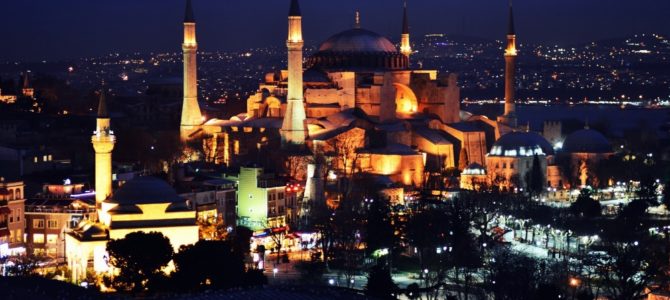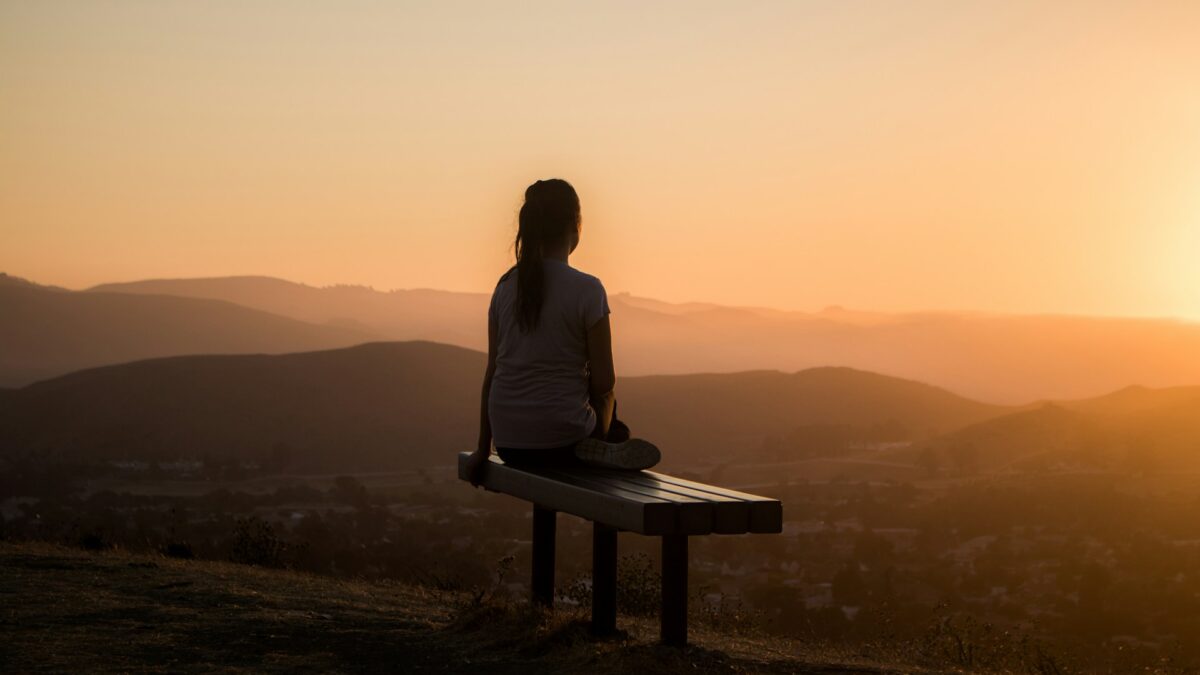
In a statement that reverberated across his nation and beyond, Turkish President Recep Tayyip Erdogan announced that after more than a decade-long court battle, a court in Istanbul ordered the Hagia Sophia to be turned from a museum into a mosque once more: “With this court ruling, and with the measures we took in line with the decision, Hagia Sophia became a mosque again, after 86 years, in the way Fatih the conqueror of Istanbul had wanted it to be.”
It cannot be overstated how significant this ruling is and why it marks a new milestone in the history of the West and the world. The Turkish court’s ruling demonstrates that not only does the arc of history not necessarily move towards progress, but in some cases it actively reverses course.
That there were no protests in Europe or the Americas over the decision reveals the hollow core of Western Christendom. Indeed, the only two countries currently protesting this move are Greece and Russia, the hearts of Orthodox Christianity.
Furthermore, the ruling exposed the fraudulent western academic theories of colonialism that neglect modern colonial powers like Turkey and China. It proves that despite the post-national musings in the West, non-westerners do not shy away from national pride — they still worshipped their history and especially their conquerors. Finally, it positions Erdogan as one of the most significant politicians of his age, as influential in reshaping Turkey and potentially the Middle East as Kemal Ataturk, the modern founder of secular Turkey.
Hagia Sophia, or Aya Sofia in classical Greek, represents the climax of Byzantine architecture in a cathedral blending Roman Catholic and Eastern Orthodox designs while ecumenical in practice. It was erected at a time Eastern and Mediterranean Europe was more powerful, unified, and, frankly, more civilized than their semi-barbaric Northern and Western European counterparts.
The conquest and fall of Constantinople in 1453 A.D. marked three significant geopolitical changes that altered the direction of history. It led to a Muslim invasion of Europe, which partially shook the Western Europeans out of their infighting, paving the way for the rise of Spain, England, and France as great colonial powers.
But most importantly, it led to an enduring rift within Christendom. The Eastern heart of Christianity moved from Greece and Armenia to Russia, which eventually became one of the greatest powers of Europe. After a setback under Soviet rule, the Eastern Christian Church has positioned itself as the real defender of the Christian-conservative way of life.
Hagia Sophia was a mosque for the greater part of its modern existence, even though, like most empires in their latter years, subsequent Ottoman rulers gave up on their evangelical Islamization, turning mellow and relatively liberal. Hagia Sophia was treated like a wonder of antiquity during the later Ottoman rule, which turned increasingly secular in the late 19th century.
Ataturk gave up on imperial pretensions after the humiliating devastation of the First World War and turned his country to a hybrid secular-nationalist power, later emulated by other secular Baathist dictators and former Ottoman colonies. With Islam abolished nationally (including a ban on face veils), Hagia Sophia was turned to a museum in 1935.
Erdogan, a half-literate man from Asia Minor, holds no fondness for the secular-liberal 20th century. You see, uncorrupted by a malicious and self-loathing academy, non-Westerners study the unadulterated history of their countries and have pride in their past. As the British toppled Clive, and Americans behead Columbus, Erdogan paid homage to Sultan Mehmet, and referred to Turks settled in Europe as the spearhead of an invasion force. He sends armies to invade Syria and Libya, warships to challenge the once-mighty French Navy, and goons to stoke riots and brawls.
The first sign of imperialism is the conversion of historic architecture. The East once again worships their conquerors and their imperial past and view secular-liberalism as an aberration and a brief bizarre pause in time. The East has no such guilt over slavery, and one can argue they enslaved far more than the West ever did (European slaves were once highly priced in North African slave cities).
The world refuses to view politics from the left’s post-national/post-faith lens and prefers the binary of conqueror and conquered. Once again, in a curious twist of fate, the East, from Hungary to China, is far more socially united and nationalist than what can be seen in many Euro-American nations, which become increasingly fratricidal, infantile, and tribalized. It’s truly remarkable how the corruption of the academy and the accompanying loss of a sense of history can break down societies.
Hagia Sophia’s reconversion is a turning point in history. There was a time liberals actively supported nationalism against conquest and conversion. Lord Byron fought and died for Greek independence against the Ottomans. George Orwell and Ernest Hemingway took part in the Republican brigades against Spanish fascists before being disillusioned by Marxist revolutionary totalitarianism.
Modern academics and writers, however, are largely fraudulent at best and malicious at worst. There are no academic protests, marches, or violence against the two premier colonial powers of modern times, China and Turkey. The latter is still a part of the North Atlantic Treaty Organization, an alliance ostensibly formed once to guard the civilized West against the Godless communists.
Yet, after quietly taking over the superstructure of media and academia in the last quarter-century, the communists are on this side of the Iron Curtain now. From Russia to Turkey to China, the rest of the world is gearing up to return to an older era, and they’re rediscovering their martial globe-conquering days in the process.
Clearly, the wind in Constantinople is still deciding the direction of history.









